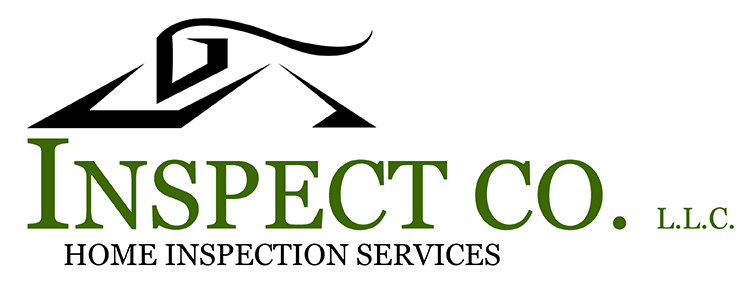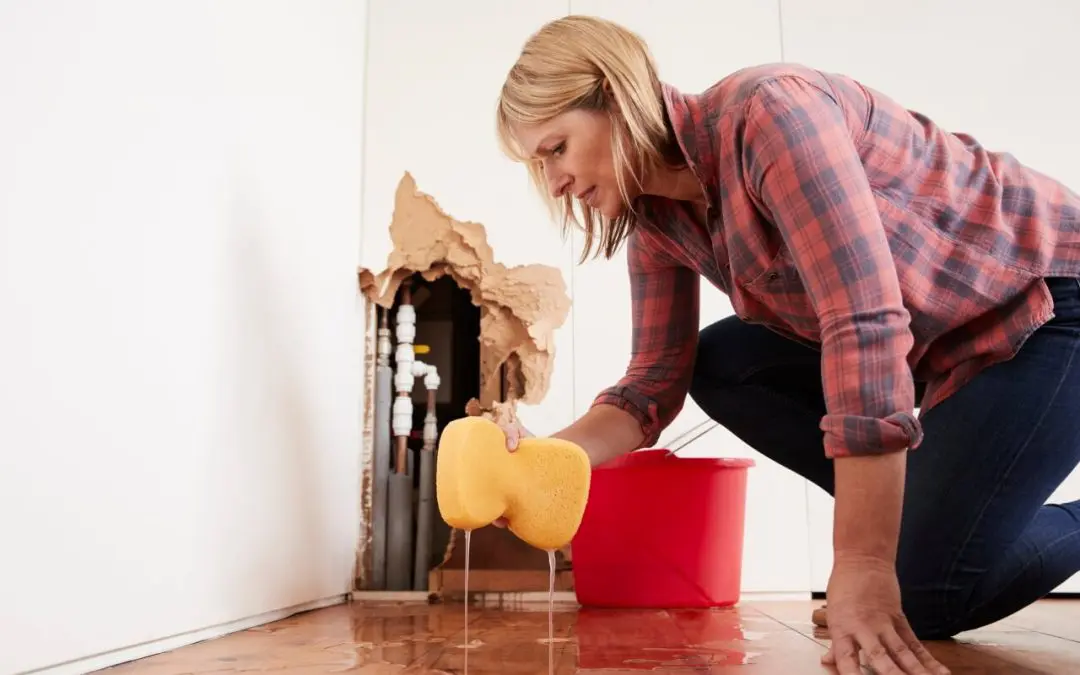Water damage in residential properties is a common yet often overlooked issue that can lead to significant problems if not addressed promptly. From minor leaks to catastrophic floods, water damage can affect various aspects of a home, including its structure, systems, and the health of its occupants. This blog post will explore the causes of residential water damage, its potential impacts, and solutions for prevention and repair.
Common Causes of Water Damage
Residential water damage can stem from a multitude of sources. One of the most frequent culprits is plumbing issues. Leaky pipes, faulty water heaters, and clogged drains can all lead to water damage if not properly maintained. Roof leaks are another significant cause, often resulting from damaged shingles, poor flashing, or deteriorated roofing materials. Additionally, malfunctioning appliances such as washing machines and dishwashers can contribute to water damage if their hoses or connections fail.
Heavy rainfall and flooding also pose serious risks to homes, particularly in areas prone to such conditions. Foundation cracks or improperly installed sump pumps can exacerbate the problem by allowing water to seep into the living spaces. Even seemingly minor issues, like condensation or high humidity levels, can contribute to water damage over time.
The Impact of Water Damage on Your Home
Water damage can profoundly impact various aspects of your home. Prolonged exposure to moisture can weaken wooden beams, floors, and walls, leading to potential structural instability. Mold and mildew growth is another common consequence, which can damage building materials and pose health risks to residents. Mold thrives in damp environments and can lead to respiratory issues and allergies.
Electrical systems are also at risk when water infiltrates a home. Water damage can short-circuit wiring and increase the risk of electrical fires or malfunctions. Furthermore, water damage can affect personal belongings, from furniture and electronics to cherished family heirlooms. Salvaging and repairing these items can be costly and time-consuming.
Prevention and Solutions for Water Damage
Preventing water damage begins with regular maintenance and vigilance. Homeowners should inspect their roofs and gutters regularly to ensure they are free from debris and in good condition. Checking and maintaining plumbing systems, including water heaters and appliances, is essential for early detection of potential issues.
For those living in flood-prone areas, investing in a sump pump and ensuring proper drainage around the foundation can help mitigate the risk of water intrusion. Sealing cracks in the foundation and applying waterproofing treatments can also provide additional protection.
Prompt action is crucial in the event of water damage. The first step is to stop the source of the water, if possible. Next, remove any standing water and dry the affected areas to prevent further damage and mold growth. Depending on the extent of the damage, it may be necessary to consult with a professional restoration service. These experts can assess the situation, perform necessary repairs, and ensure that all affected areas are properly dried and treated.
Residential water damage is a serious issue that requires attention and action to prevent long-term consequences. Homeowners can protect their properties and maintain a safe, healthy living environment by understanding its causes, recognizing its impacts, and implementing effective prevention and repair strategies. Regular maintenance and prompt response to water damage are crucial to preserving the integrity and value of your home.
FAQs
How does water damage affect a home’s resale value?
Water damage can significantly impact a home’s resale value by creating a perception of neglect and potential future problems. Properties with a history of water damage may require extensive repairs, which can deter potential buyers and reduce the home’s market value.
How can I check for hidden water damage in my home?
To check for hidden water damage, use a moisture meter to detect elevated moisture levels in walls and floors. Inspect for signs of water damage in less visible areas like crawl spaces, attic insulation, and behind appliances. Pay attention to unusual musty odors as well.
How can I protect my home from future water damage?
Maintain your plumbing and roofing systems to protect your home from future water damage. Install sump pumps and backflow valves in vulnerable areas, use waterproofing sealants on foundations, and keep gutters and downspouts clean and functional.
Can homeowner’s insurance cover water damage?
Water damage coverage varies by policy and provider. Typically, insurance may cover damage from sudden, accidental events, such as burst pipes or roof leaks, but may exclude gradual issues or flooding. Review your policy and speak with your insurance agent to understand your coverage.
Inspect Co. LLC offers professional home inspection to customers in North and South Carolina. Contact us to schedule our services.

